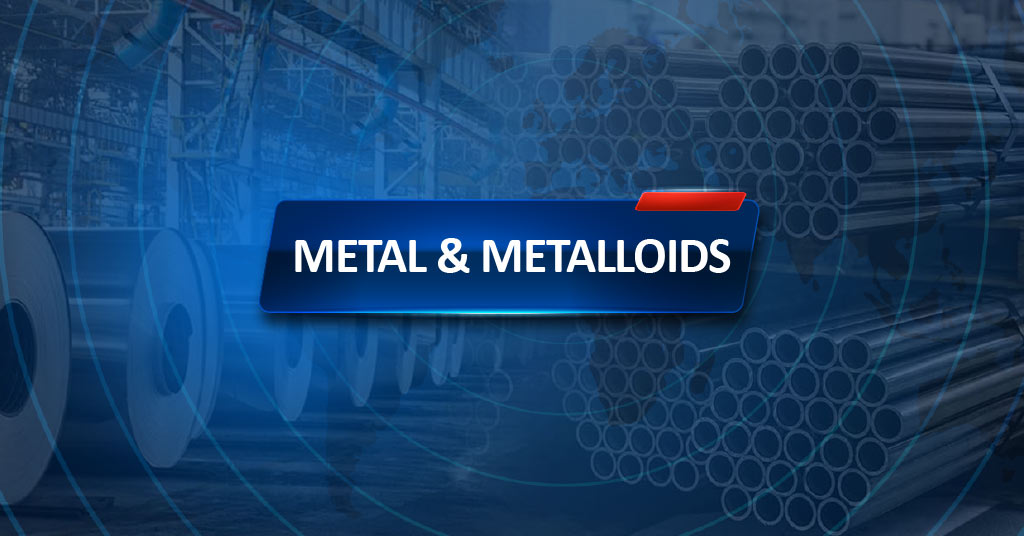Welcome To ChemAnalyst

US: The Argentine government has taken a step toward a bilateral agreement with the US on the country's Lithium reserves. This comes because of the US$400 billion investment earmarked for the energy transition under the Inflation Reduction Act (IRA), approved by President Joe Biden last year. As demand for Lithium is expected to increase fourfold due to the IRA, negotiations led by Economy Minister Sergio Massa and the Foreign Ministry are underway to address one key requirement that Argentina currently lacks.
Despite being the world's second-largest holder of Lithium resources, Argentina must meet certain criteria set by the IRA to be eligible for funding. The IRA's provisions seek to promote low-emission technologies, solar energy, and electric vehicles, with a view to having 50% of all vehicles in the US run on electricity by 2030. These negotiations will play a crucial role in enabling Argentina to capitalize on its abundant Lithium reserves.
Argentina is expected to see a significant opportunity for growth in exports as the annual demand for Lithium is projected to reach 2.4 million tonnes by 2025, four times more than the worldwide production in 2022. Two production projects in Argentina are currently expanding, with an additional six under construction. The Economy Ministry anticipates that production will rise to 200,000 tonnes annually by 2025, resulting in an estimated US$5.7 billion of exports. However, Argentina is hindered by a U.S. law that restricts credits for vehicle purchases to manufacturing that uses resources originating from the U.S. or countries with free trade agreements.
The Argentine government has given a positive response to three promising signals that could potentially tackle the issue of the country's lack of a free trade agreement with the US, unlike neighbouring countries such as Chile. Political figures, Massa and Arguello, have established a connection regarding this matter and have assured cooperation with the US to achieve an agreement through political channels. The State Department has proposed that besides free trade agreements, the agreement should also involve countries that have signed bilateral agreements with the US.
The U.S. government seems to be favorably inclined towards a recent report by the U.S. Department of the Interior and Geological Survey titled "Mineral Commodity Summaries 2023". The report specifically highlights the growing consumption of Lithium for batteries due to the increased demand for electric vehicles and electronic devices. The report also establishes that the U.S. solely relies on a mine in Nevada for its Lithium Carbonate supply, and therefore must import it. Of its import sources, Argentina is the leading supplier with 51% of the market, followed by Chile with 40%, China with 4%, Russia with 3%, and other sources contributing 2% on average between 2018 and 2021.
Japan recently signed an agreement on "critical minerals" with the US to enhance the supply chain, which stands as the third signal amidst the geopolitical ties shared between the two nations. Although the relations between the US and Argentina differ from that of the US and Japan, this agreement sets a significant precedent for Argentina. While Argentina plans to proceed with a bilateral agreement with the US, the specific form it will take remains unclear.
During the meeting between President Alberto Fernandez and President Biden at the White House, the subject of the Investment and Trade Partnership Agreement (IRA) was extensively discussed. The topic was also deliberated upon between Massa and Wendy Sherman, the number two official at the State Department, as well as Juan Gonzalez, Biden's special advisor for Latin America. Additionally, Cafiero addressed the matter with Sherman and U.S. senators who recently visited Argentina, emphasizing the importance of the IRA and the swift restoration of the General System of Preferences for Argentina, which impacts exports such as biodiesel. Several multinational companies operating in Argentina, including Livent, Allkem, General Motors, and Toyota, are actively lobbying for the agreement to be advanced.
Argentina's burgeoning Lithium reserves have caught China’s attention, as the country continues to ramp up investment in the sector. While many wonder if these advances will impact the bilateral relationship between the two countries, the Argentine government has stated that exports of Lithium products by companies within the country are purely a matter of business between private entities. By the year 2022, Japan (31%), China (42%) and South Korea (13%) have emerged as the primary receivers of Lithium exports from Argentina, with the United States being the fourth largest importer, accounting for only 9% of total exports.
We use cookies to deliver the best possible experience on our website. To learn more, visit our Privacy Policy. By continuing to use this site or by closing this box, you consent to our use of cookies. More info.
